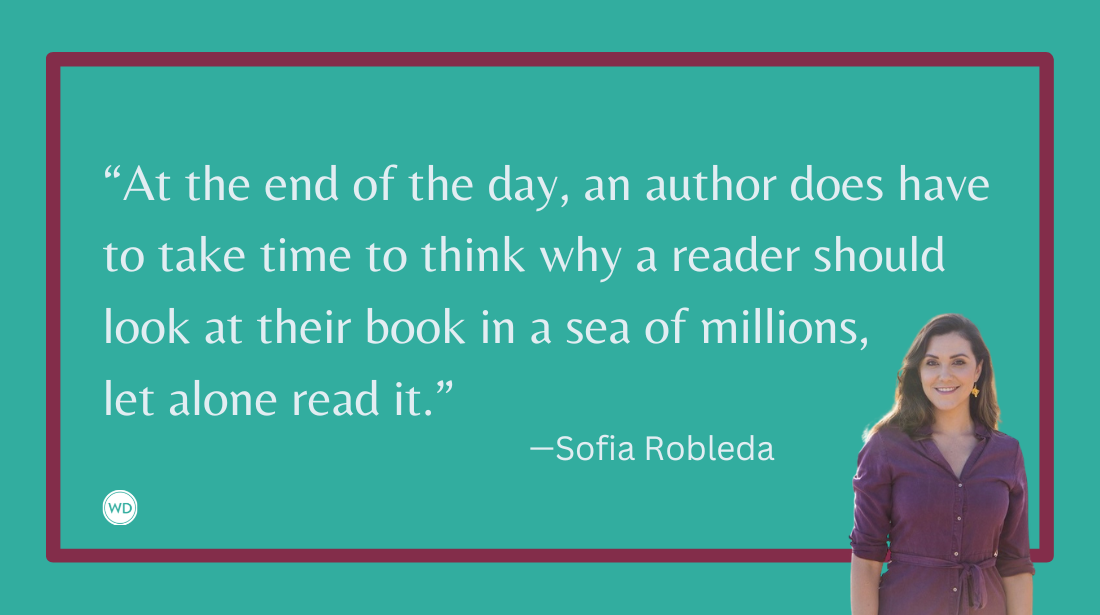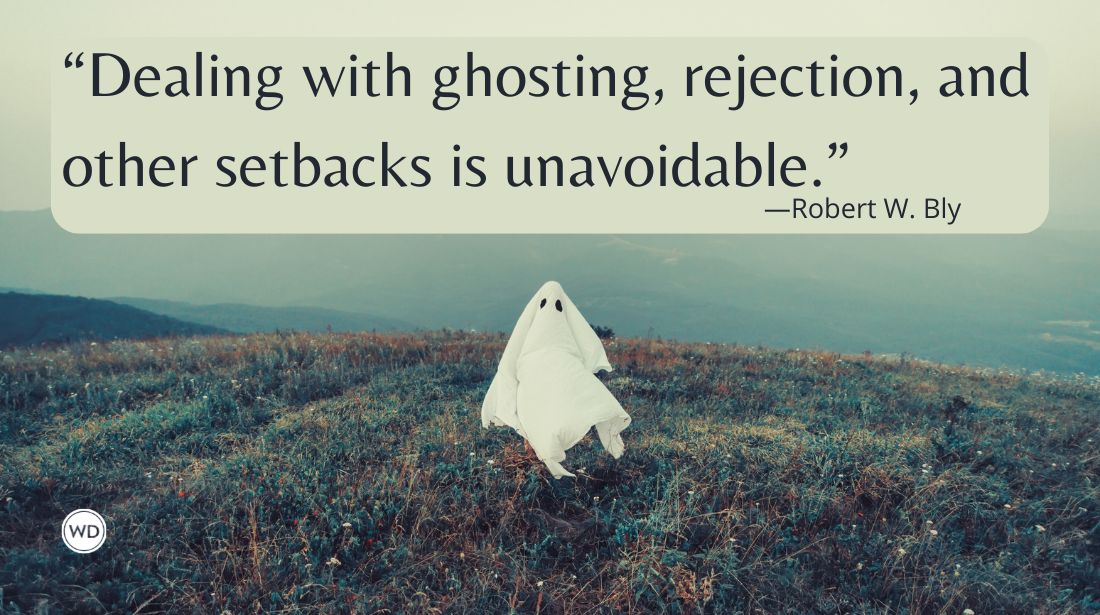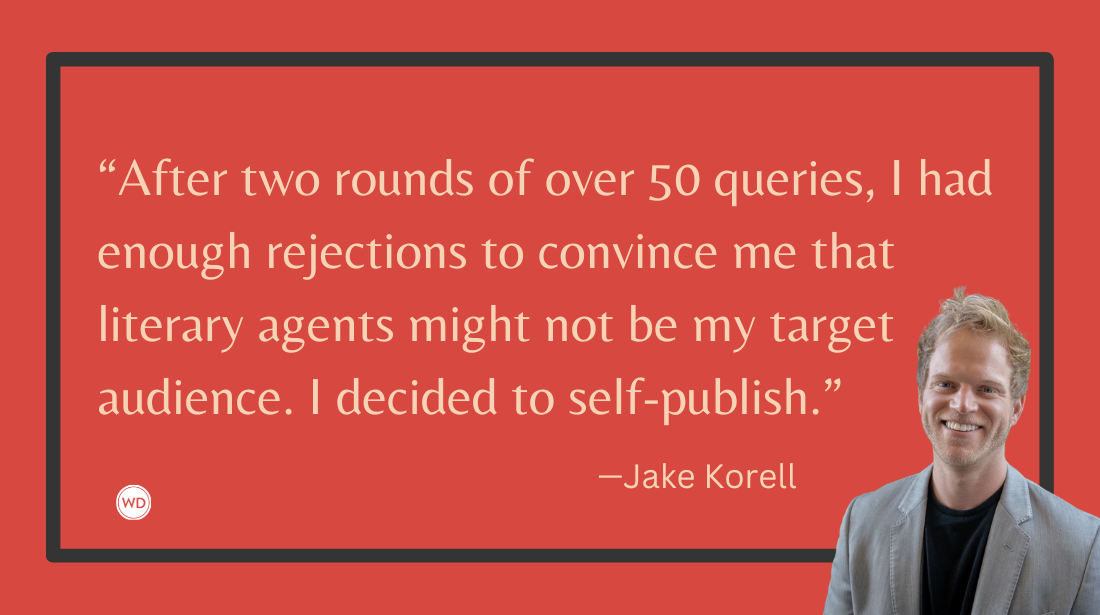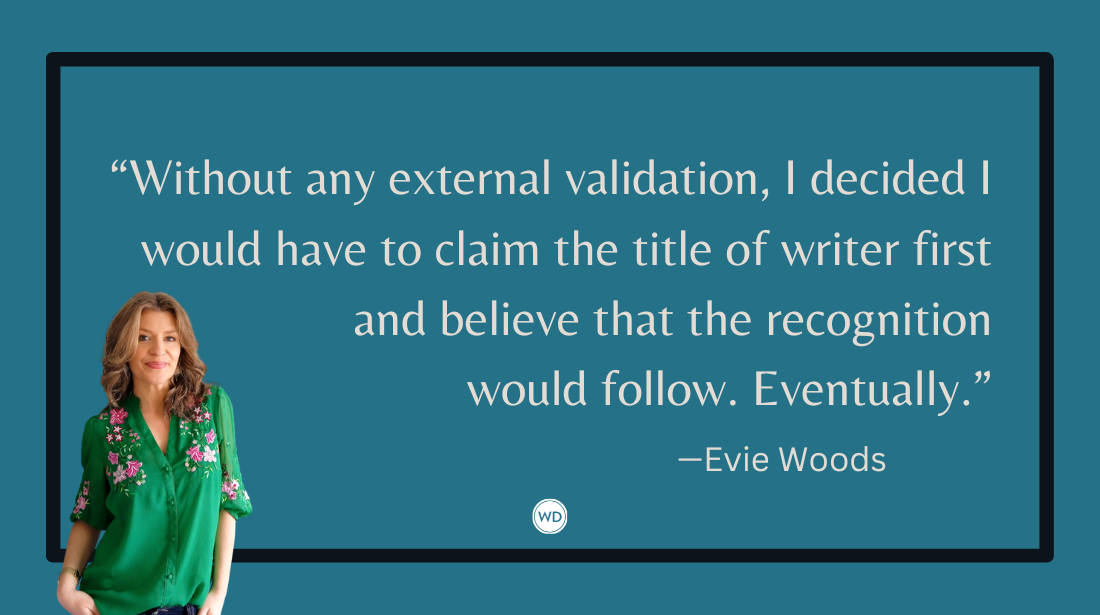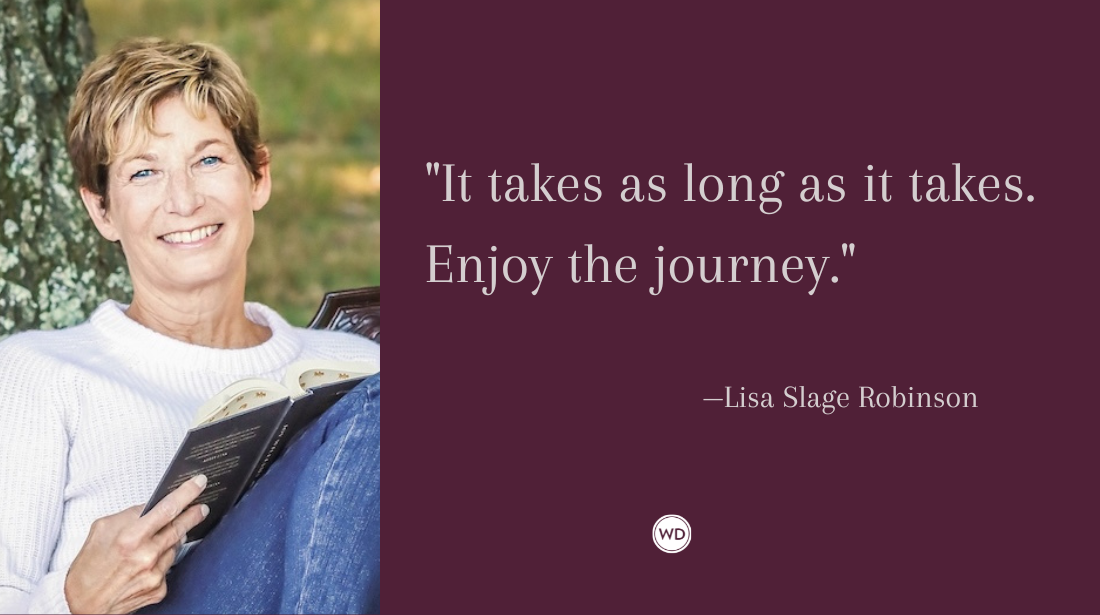How Do Writers Ask for Blurbs for Their Books?
If you’re familiar with books and their covers, then you’re familiar with the blurbs that writers write for other writers’ books. But how do writers ask for blurbs for their books? We answer that question here.
If you're familiar with books and their covers, then you're familiar with the blurbs that writers write for other writers' books. In a line or short paragraph, Writer A extols all the virtues of the book written by Writer B.
For a thriller novel, Writer A may write, "This book kept me on the edge of my seat and turning pages from dusk to dawn." For a mystery, Writer A might pen, "This novel kept me guessing from beginning to end, when my mind was blown who actually did it." And so on and so forth for each other genre.
The point of the blurb is to give an extra air of authority that the book is indeed good, because Writer A says so. It's debatable how much these endorsements actually help sales, but blurbs have definitely become commonplace on book covers for nearly every genre of book.
How Do Writers Ask for Blurbs for Their Books?
Just this year, I've already written a couple blurbs for poets who I know and know that I enjoy their work. In both cases, the poet reached out via email and said something along the lines of, "Hey Robert, I have a collection that's been accepted for publication, and I'd be honored if you would read it and possibly provide a blurb. What do you say?"
OK, in both cases, it was probably a bit more formal than that, but here's what you usually want to include in your request:
- Formal greeting that includes the writer's full name (unless you know them really well already)
- Information about you and your impending book (including who is publishing it)
- Why you chose this writer to ask (maybe you like their style, maybe you think your writing is similar in some way, maybe they're just your favorite writer)
- When you would need the blurb (all writers appreciate deadlines and time to meet that deadline)
- Offer to send them a free copy of the book once it's published (because it's just a nice thing to do, and maybe they'll share it as well)
One more note: If you don't know the writer super well, don't lock them into the blurb. Say something like the example above, "I'd be honored if you would read my book and possibly provide a blurb." If they like what they read, they'll likely write one, but give them a way out ahead of time, or you may be increasing your chances of receiving a no from the get-go.
How Do Writers Pick Which Writers to Ask for a Blurb?
In some cases, the publisher may have some authors in mind (possibly from their own list) who they recommend to the writer as potential blurbers (new word?). However, most authors-to-be have to come up with their own shortlists of writers to ask for a blurb.
Each author approaches this in a different way, but for me, I usually start off by making a list of writers who I think meet a few criteria:
- I love their writing. Like I would totally endorse their books if given the chance.
- Their writing matches mine. This doesn't mean our writing styles are exactly the same, but it makes sense for a poet to blurb a poetry collection and a science fiction author to blurb a dystopian novel. It would make less sense to flip those.
- Their audience is a little different than mine. For instance, let's say I'm a poet living in the Atlanta area. While I might be able to get a lot of poets living in the Atlanta area to blurb my book, it might expand my audience if I can get poets in other parts of the country or wold to write a blurb.
- We have some kind of connection. This is not a deal breaker, but I figure that a person who I know and who knows me is more likely to help promote my book than a complete stranger. That said, if Stephen King wants to promote your horror novel and you've never met him, don't let that stand in the way of getting a great blurb.
Then, it's a matter of hunting down their contact information and sending a request. Many are honored to be asked and happy to consider. However, if someone says they're unable to participate, respect their decision. Each person has a finite amount of time on this planet and should be given the freedom to decide how they allot their time on it. Thank them for their time and move on to the next person on your list.
Also, be sure not to ask too many people at once. In most cases, two to three blurbs are the most a publisher can (or will) fit on a cover. So don't ask 20 people for blurbs if you'll only be able to use two.
Beyond these guidelines, congratulations on your impending book and good luck finding someone to blurb it.
*****
Mastering Amazon for Authors is the premiere online course designed to help you maximize book sales at the world's largest retailer. This self-guided video course provides in-depth instruction for authors at every level. Learn inside secrets from Rob Eagar, a top Writer's Digest instructor and one of the most accomplished book marketing experts in America. Rob removes the guesswork from publishing and promoting your books on Amazon.





